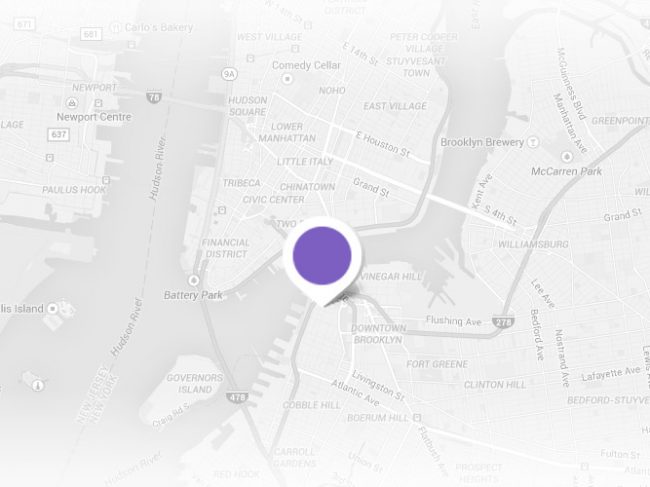The Texas legislature has specifically defined the term “intoxication” as it relates to DWI cases. There are two definitions:
- Not having the normal use of mental or physical faculties by reason of the introduction of alcohol, a controlled substance, a drug, a dangerous drug, a combination of two or more of those substances, or any other substance into the body; or
- Having an alcohol concentration of 0.08 or more. The law allows for intoxication by way of any intoxicating substance. It is no defense that the intoxicating substance was a prescribed drug; if any substance, legal or illegal, deprives a driver of the normal use of mental or physical faculties, the case may be prosecuted.
A Texas DWI can bring on serious consequences like a misdemeanor conviction, fines up to $2000, and jail time. If you have been arrested for driving while intoxicated in Texas, you should continue reading and complete our free confidential evaluation form.












